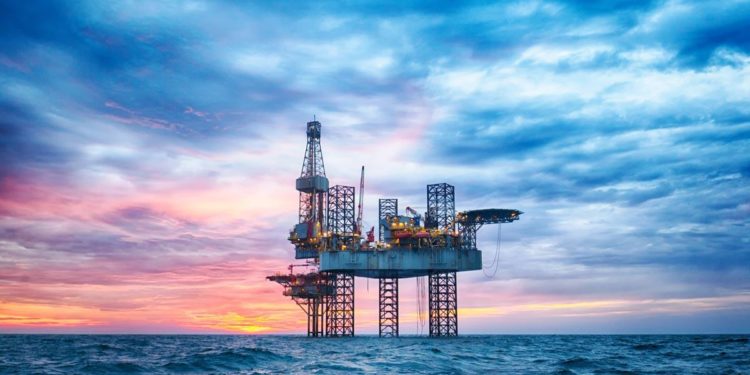In this world of monetary insanity, defenders of central bank constant easing try every day to convince you that inflation is caused by numerous factors, not by currency printing.
Many blame inflation on cost-push factors or even speculation, but ultimately all those are consequences, not causes. Rising prices are always caused by more units of currency being directed to scarce or tangible assets.
Commodities exchange-traded funds (ETFs) are a clear example. In 2022, investors have been purchasing these products to protect themselves from inflation and generate real returns. These purchases are not a cause; they are a consequence. With increased inflationary concerns, the likelihood of rising interest rates, and elevated geopolitical concerns, commodity-focused funds have seen record inflows in 2022. Year to date through February 25, commodities ETFs gathered $8.5 billion of net ETF inflows, according to Wealthmanagement.com. This is not the full picture, though. According to the Commodity Futures Trading Commission (CFTC), the total value of various commodity index-related instruments purchased by institutional investors has increased from an estimated $15 billion in 2003 to an estimated $200 billion. The global commodity-services market size is estimated at $4 trillion in 2020, according to Market Research.
In 2020, most investors were very underweight in energy and commodities. The surge in socially responsible investment as well as the recent history of underperformance of commodities relative to bonds and equities had created an enormous underweight. As concerns about inflation and geopolitical events unraveled, funds reallocated capital from underweight to equal weight and now, in 2022, to overweight.
This happened at the same time as central banks injected unprecedented quantities of money into the economy. Between 2020 and 2021, the assets of the major central banks rose by more than $10 trillion. Furthermore, broad money supply (M3) growth rose at a double-digit rate in 2020 and 2021 in the major economies.
Obviously one or two prices may rise independently due to particular events. A war can cause that, but not a generalized and widespread increase in all prices. Furthermore, commodity and food prices were already rising to multiyear highs even before the Ukraine invasion was a rumor.
Readers may believe that all this is due to trader speculation, but trader actions work both ways. Traders do not create prices; they trade on them. Furthermore, traders cannot influence the marginal price of a commodity for long if the fundamentals, inflation, and money reality are not there. There are numerous reports from the CFTC proving that investing does not impact commodity prices. Between 2013 and 2019, commodity prices were not rising. Why? Because broad money growth was not rising above real demand for money.
Oil and gas have risen equally everywhere, yet Consumer Price Index (CPI) inflation is vastly different in the euro area and the United States compared to countries where energy imports are much higher, like Japan and Korea. Why is CPI inflation twice as high in the euro area and the US relative to those Asian countries? Much higher broad money growth in 2020–21.
The Ukraine war has created another excuse to blame inflation on oil and natural gas. However, it seems that all those who blame inflationary pressures on commodities continue to ignore the massive price increases in housing, healthcare, and education, as well as in goods and services where there was evident overcapacity. Global food prices show a similar problem. The United Nations and Food and Agriculture Organization Food Price Index has been rising steadily and reached all-time highs even before the covid crisis.
Oil and gas will be used as an excuse for inflation as long as low interest rates and massive currency creation remain. But the reality is that when both deflate somehow, the problem of currency debasement will remain.
Inflation was already higher than the CPI measure suggested before the covid-19 crisis. The rise in the prices of nonreplicable goods and services, shelter, healthcare, fresh food, and education was significantly higher than the CPI percentage. According to Deutsche Bank, these were rising up to five times faster than the CPI. There was high inflation in the things that we consume every day even in the days when some said there was “no inflation.”
Now the increase in broad money has translated to an explosion in all prices, energy-related or not. Some will blame wages, others will blame the Ukraine war, and others will blame the weak recovery. The fact is that currency destruction is at the heart of generalized price rises everywhere. Everything else is anecdotes or consequences, not causes.
More units of currency are going to scarce assets as investors look for protection against inflation. This is not speculation; it is protection from currency debasement.




